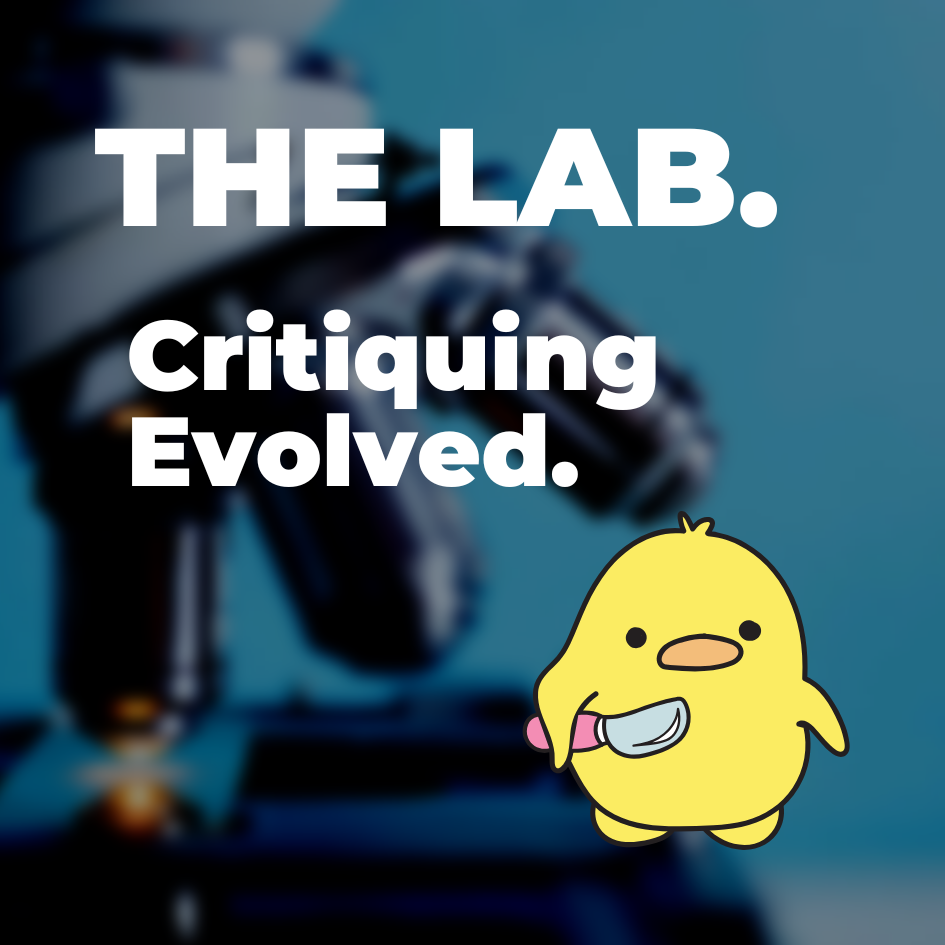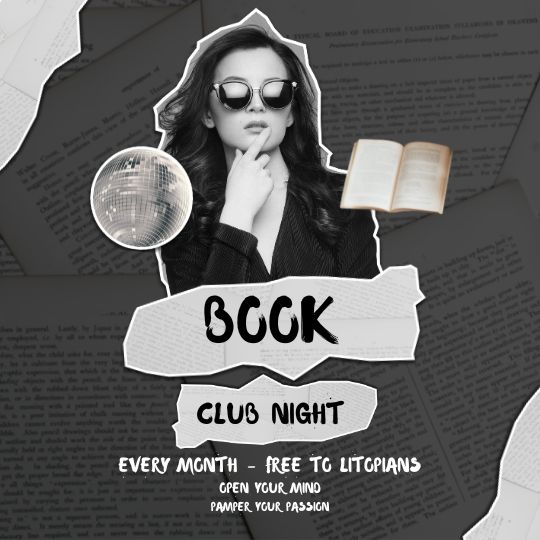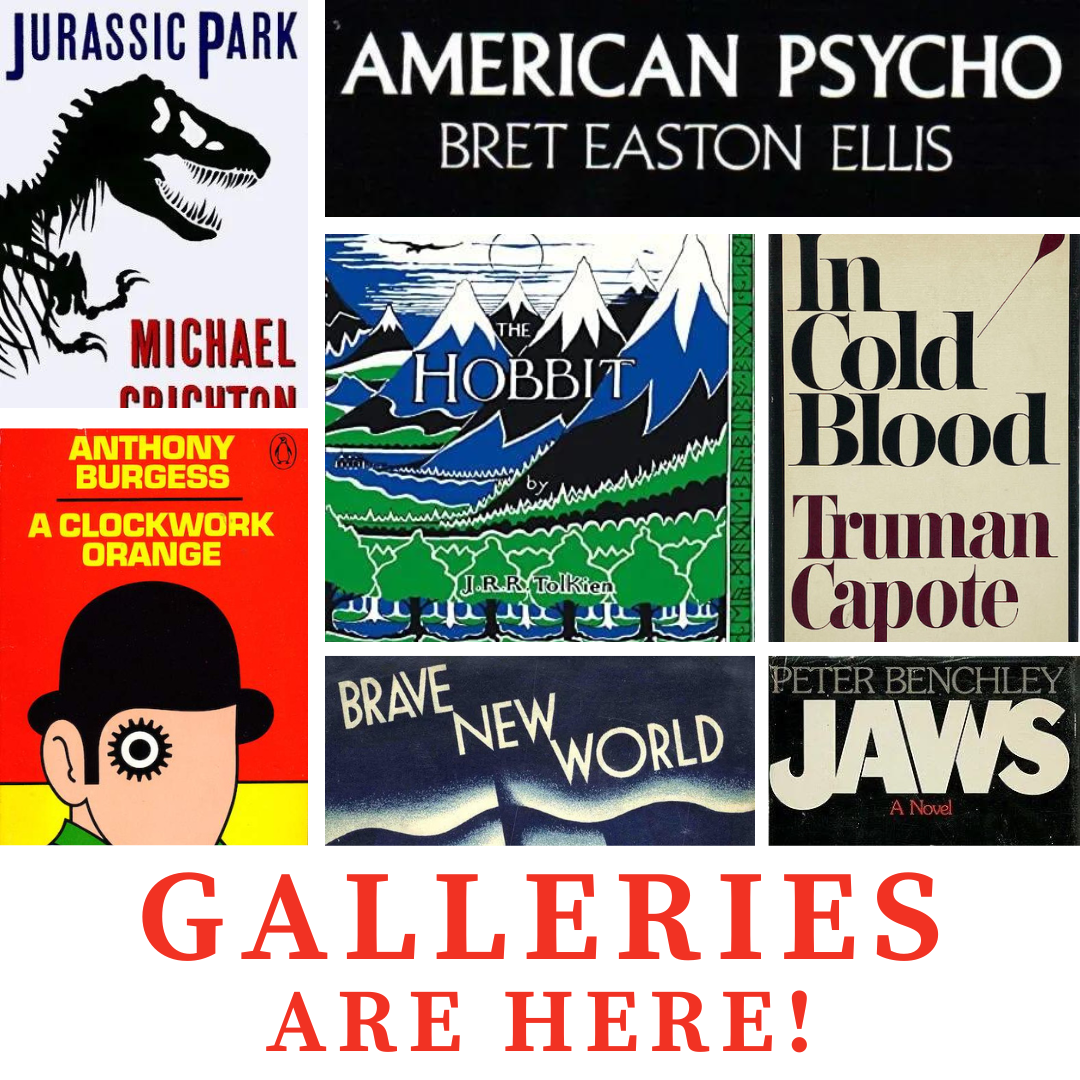So. There's a women's magazine running a 2000-word short story competition. The genres you can enter are Romance, Thriller and Comedy (you can enter one, two or all three categories but only once for each). The magazine has been going for a looong time and includes lots of short stories on the gentler side of fiction (the inclusion of the Thriller category is therefore a bit weird!). Think sweet romances featuring dukes, vicars and village bus drivers.
Anyway, there's quite a large monetary prize so I thought I'd give it a go. Initially, I wrote a romance and submitted it. Then I got an idea for a crime thriller, so I wrote and submitted that too. But I absolutely swore to myself that I would not even ATTEMPT a comedy because, in my opinion, it's the most difficult genre to write. But of course, a title and premise decided to set up camp in my mind and I wrote it. It's not laugh-out-loud funny, but there are some lines which made me smile while writing them. Because of the type of magazine that it is, and the stories they print, I think that they mean 'gentle humour' when they say 'comedy', but who knows? I'm 50-50 as to whether I'll submit it (but as it's free to enter I may just send it in for the hell of it).
Long story short, this started me thinking about comedy in writing. Obviously, humour is subjective, but what do you think the key ingredients are for making writing humorous?
A while ago, I wrote a sort of rom-com which was very character-driven (she has an imaginary friend and is what I'd call 'quirky'). The character came to me fully-formed. I knew her voice, her personality, I could picture what she looked like. I wasn't deliberately trying to be funny; this was just what the character was like so I wrote her story. But readers have said they laughed out loud at parts of the book, which I take as a real compliment. That story was very organic. I didn't sit down and say, 'Right, I'm going to write a comedy now'. When I wrote the short story for the competition however, I realised that to set out to deliberately write a comedy is a totally different kettle of fish, at least for me.
What are your thoughts? Do you include humour in your writing? And how do you go about it?!
P.S. If anyone wants the details of the competition, send me a PM. UK only. I think the deadline is Feb 5th xx
Anyway, there's quite a large monetary prize so I thought I'd give it a go. Initially, I wrote a romance and submitted it. Then I got an idea for a crime thriller, so I wrote and submitted that too. But I absolutely swore to myself that I would not even ATTEMPT a comedy because, in my opinion, it's the most difficult genre to write. But of course, a title and premise decided to set up camp in my mind and I wrote it. It's not laugh-out-loud funny, but there are some lines which made me smile while writing them. Because of the type of magazine that it is, and the stories they print, I think that they mean 'gentle humour' when they say 'comedy', but who knows? I'm 50-50 as to whether I'll submit it (but as it's free to enter I may just send it in for the hell of it).
Long story short, this started me thinking about comedy in writing. Obviously, humour is subjective, but what do you think the key ingredients are for making writing humorous?
A while ago, I wrote a sort of rom-com which was very character-driven (she has an imaginary friend and is what I'd call 'quirky'). The character came to me fully-formed. I knew her voice, her personality, I could picture what she looked like. I wasn't deliberately trying to be funny; this was just what the character was like so I wrote her story. But readers have said they laughed out loud at parts of the book, which I take as a real compliment. That story was very organic. I didn't sit down and say, 'Right, I'm going to write a comedy now'. When I wrote the short story for the competition however, I realised that to set out to deliberately write a comedy is a totally different kettle of fish, at least for me.
What are your thoughts? Do you include humour in your writing? And how do you go about it?!
P.S. If anyone wants the details of the competition, send me a PM. UK only. I think the deadline is Feb 5th xx




